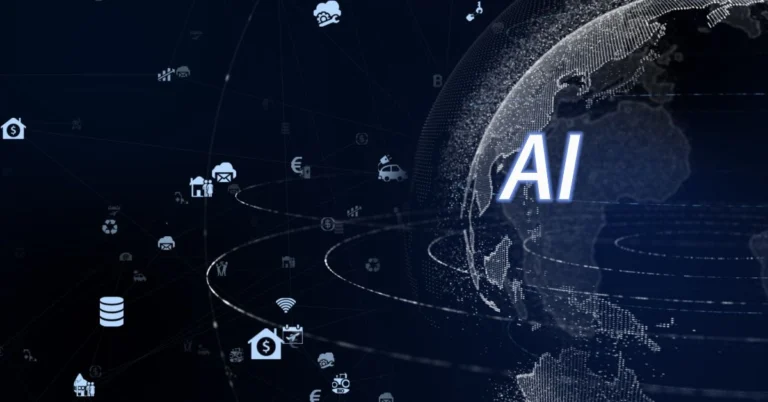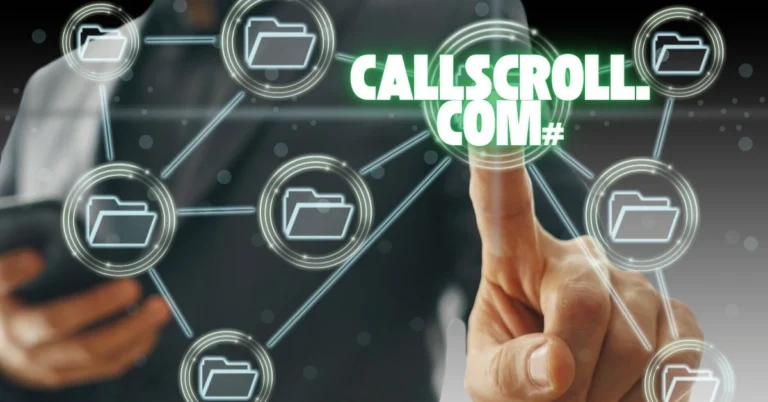Boost Your Productivity with Fappelo: The Ultimate Creative Hub
Fappelo is an innovative platform designed for creators, entrepreneurs, and professionals….

Fappelo is an innovative platform designed for creators, entrepreneurs, and professionals….

Price Charalabush is a key topic for businesses, traders, and investors….

Revo Technologies is a leading tech company based in Murray, Utah,…

Finding the right criminal defense lawyer can be stressful and confusing….

Communication is at the heart of everything we do. Whether for…

Simpcitu is a concept that describes the experience of holding conflicting…

Ruchi Gautam is a Manager at Macquarie, one of the most…

Korpenpelloz is a name that carries an air of mystery and…

Peiscans are fascinating marine animals found in coastal habitats. Known for…

Alain Fribourg is a key figure in the electronics manufacturing services…
© 2025 inspirationbit.com